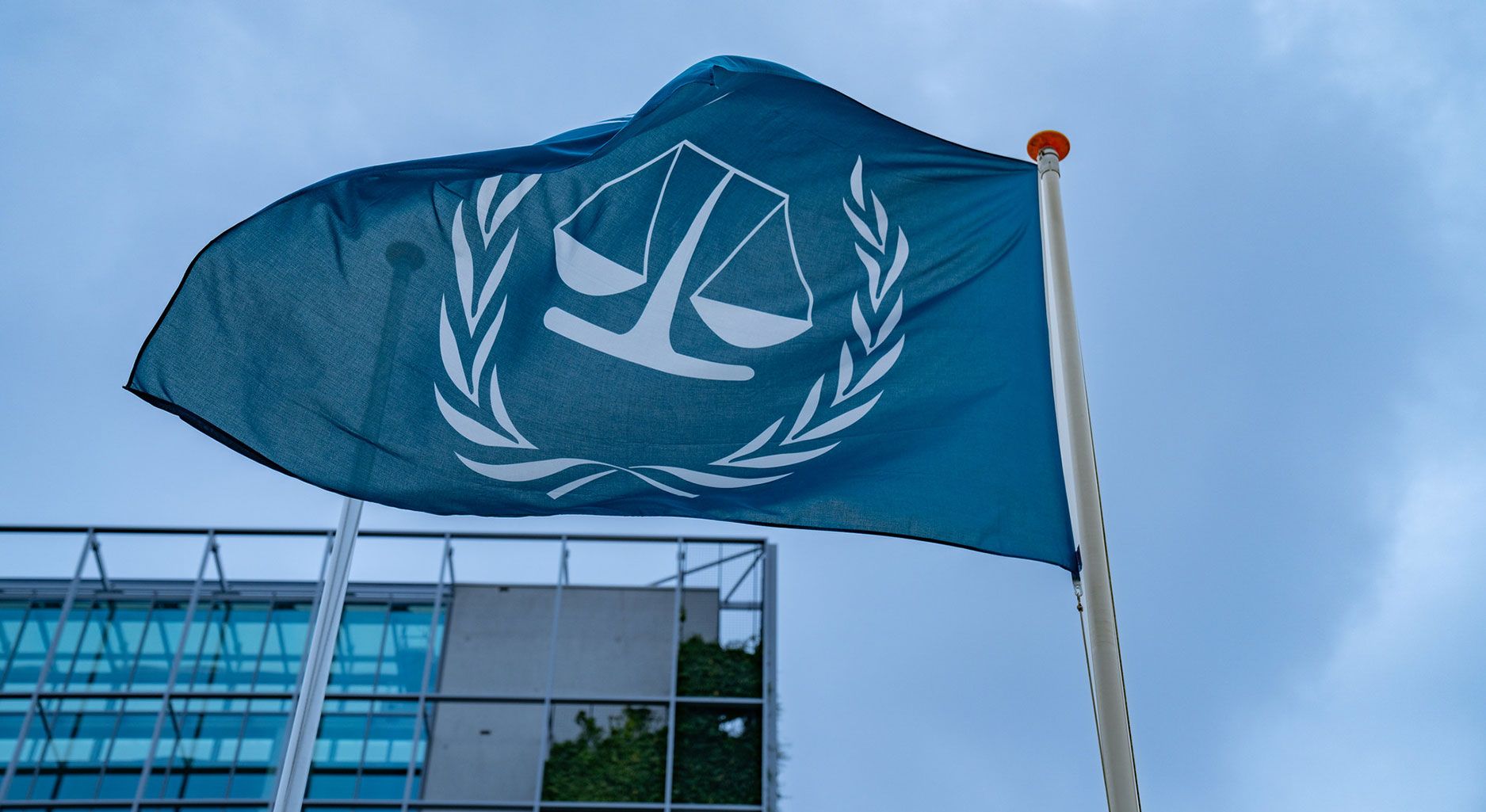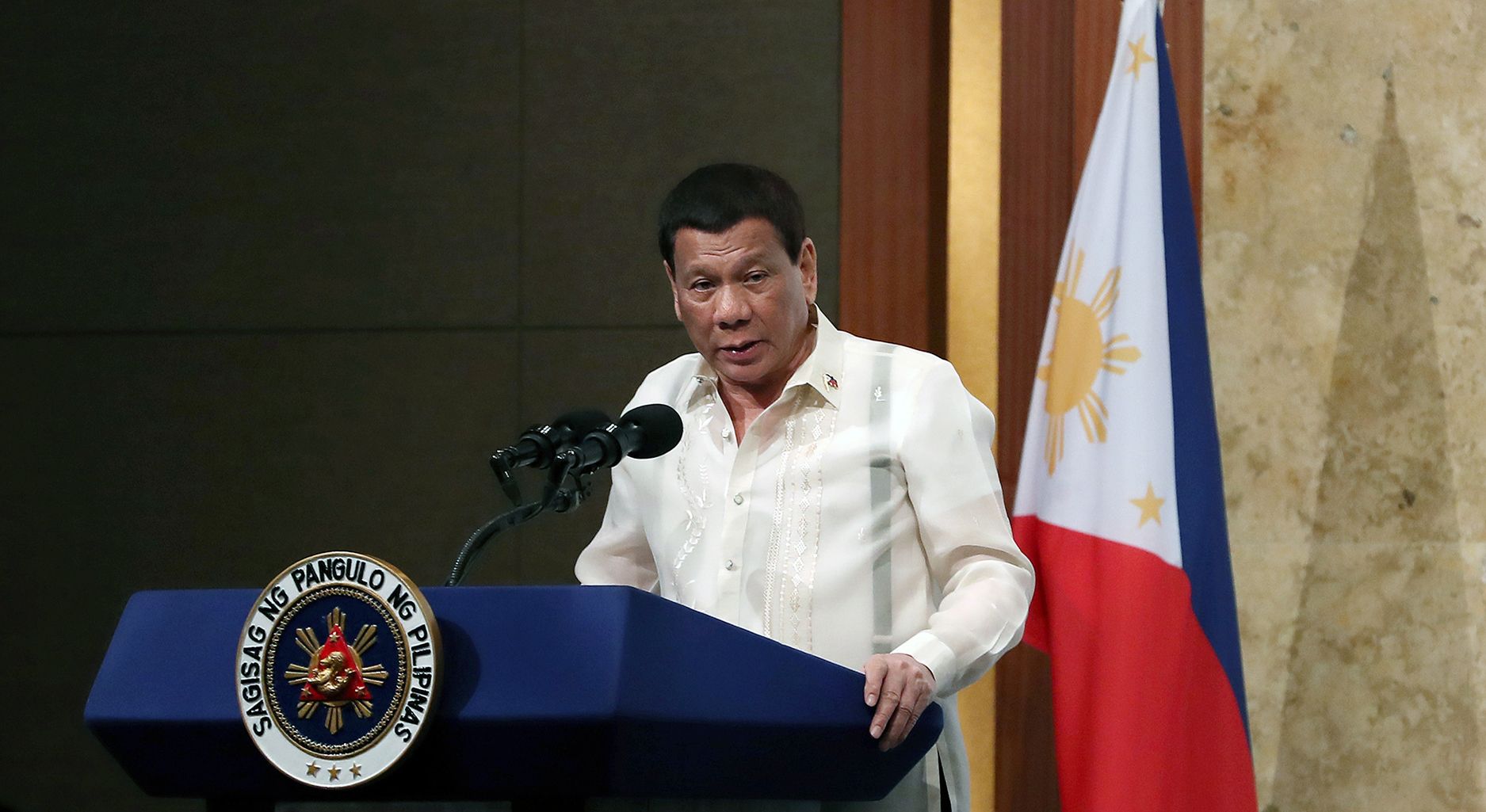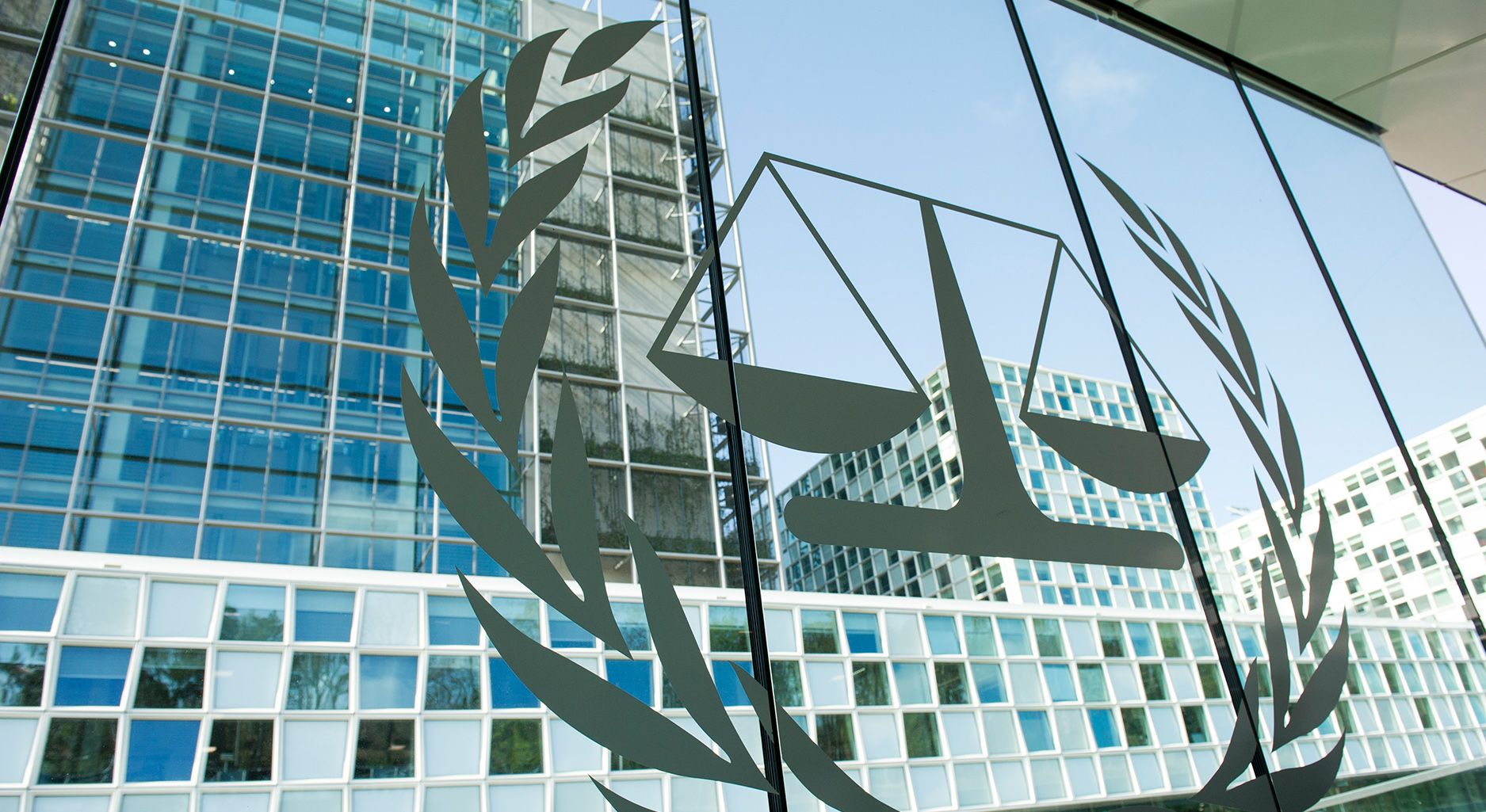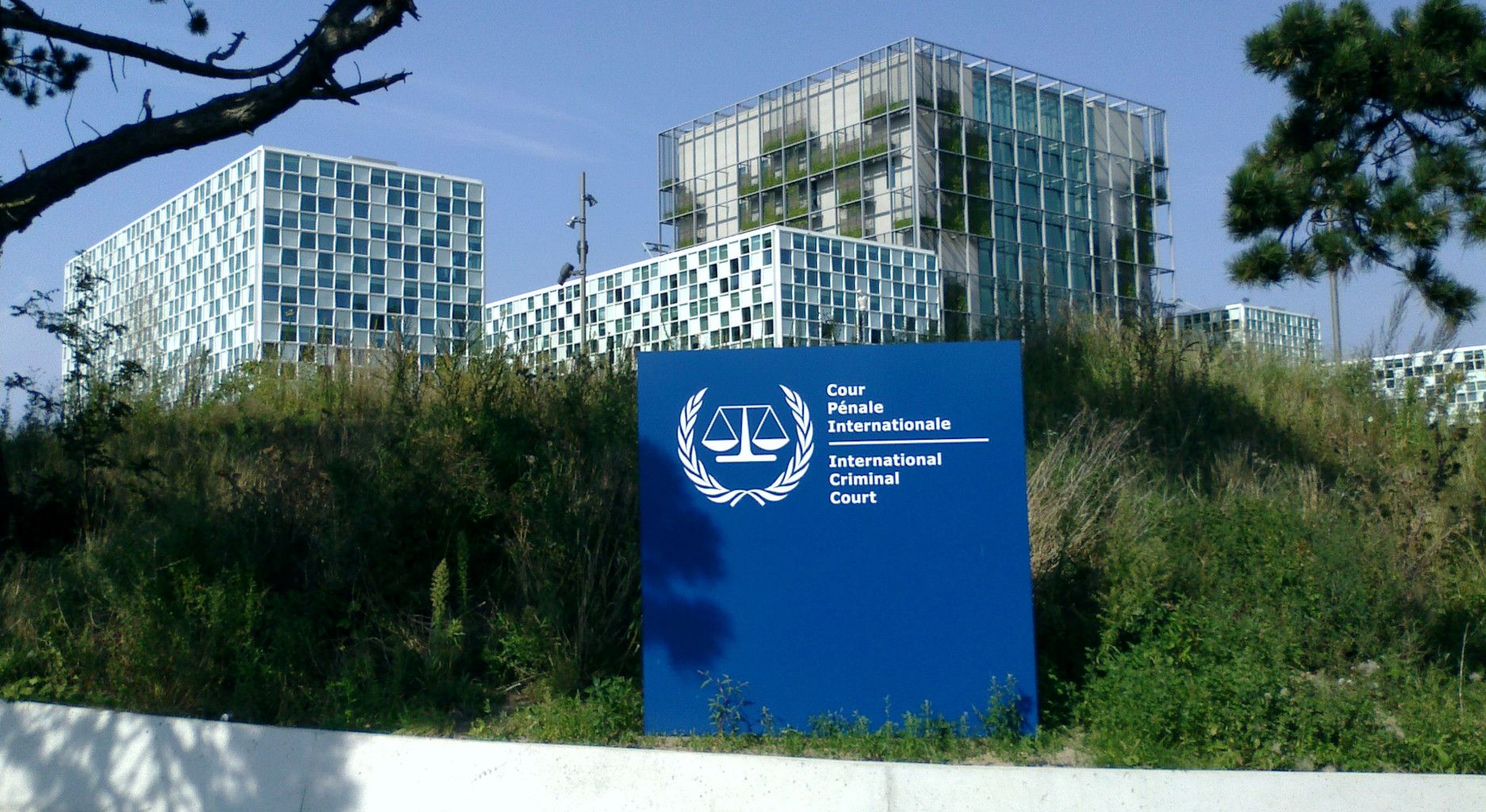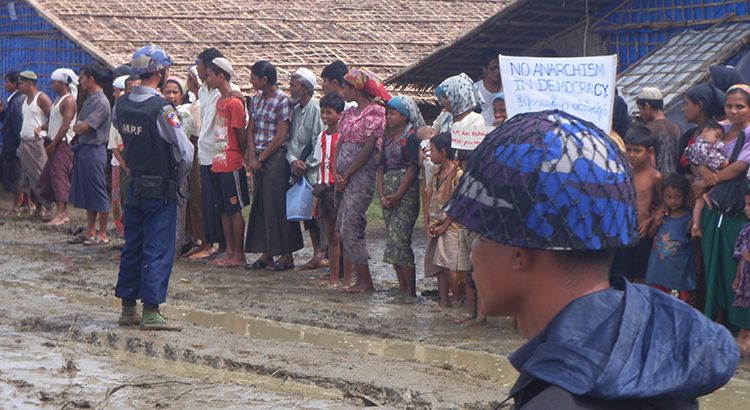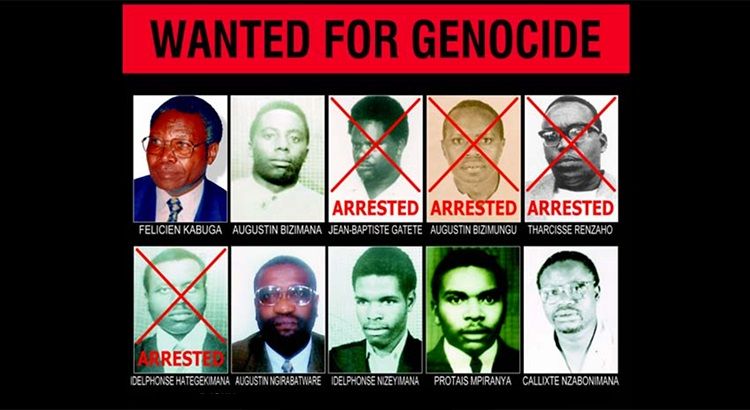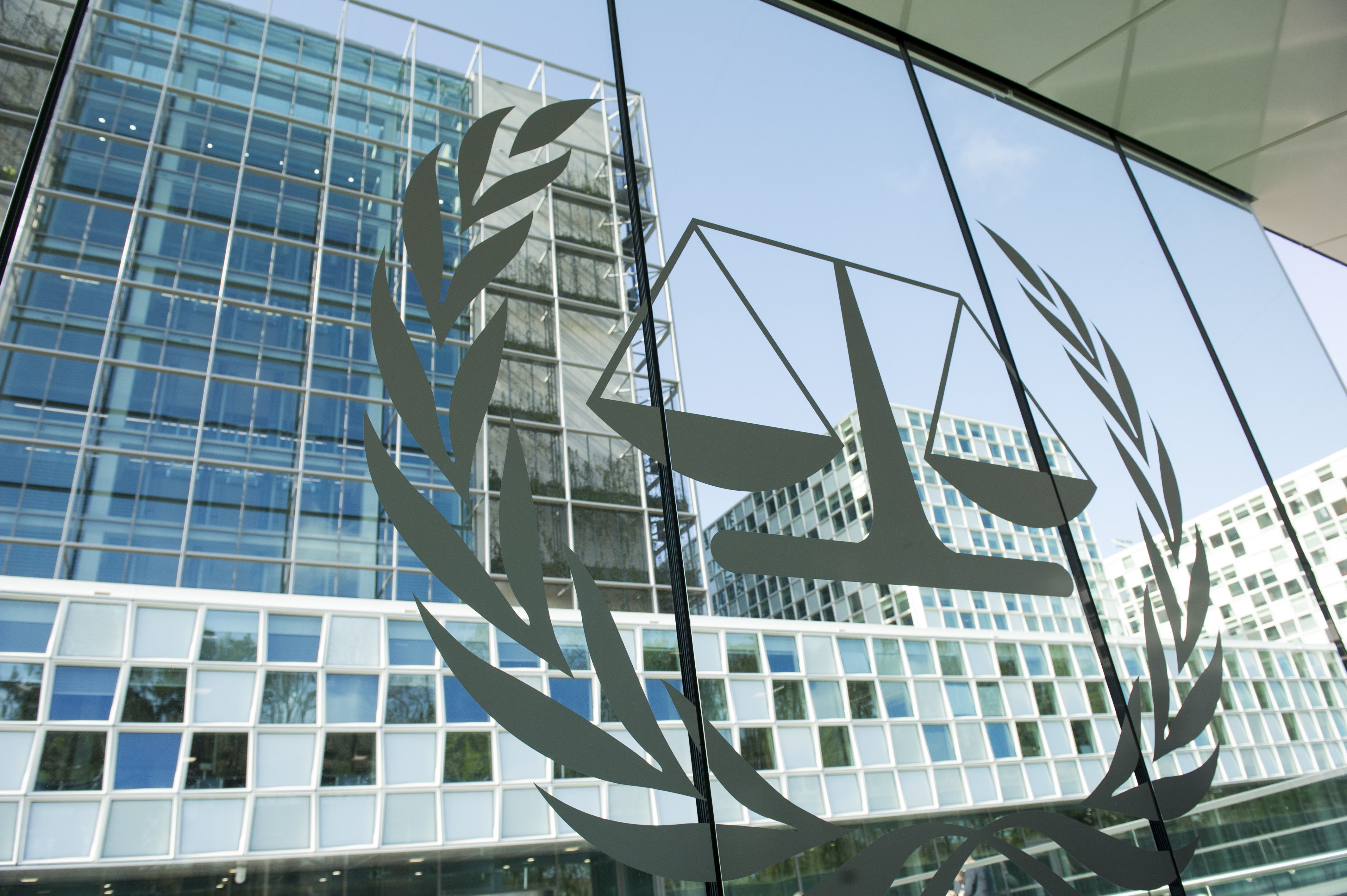Tag: International Criminal Court
On May 9th, 2025, an international coalition of almost 40 states, senior legal experts of the...
The Arrest of Rodrigo Duterte: A Turning Point for Justice and Accountability?
After years of efforts by the International Criminal Court (ICC), former President Rodrigo...
Wenn es weh tut, wird es wichtig: Was heißt gleiches Recht für alle?
Letzte Woche erließ der Internationale Strafgerichtshof Haftbefehle gegen den israelischen...
Der Haftbefehl des Internationalen Strafgerichtshofs gegen Putin – Eine völkerrechtliche Einordnung
Am 17. März 2023 hat der Internationale Strafgerichtshof (IStGH) Haftbefehle gegen Vladimir Putin...
Hate speech in the context of mass atrocity crimes: How social media platforms help and hinder international criminal investigations
The May 2020 arrest of Félicien Kabuga brought an end to a manhunt spanning 26 years and two...
Félicien Kabuga: Der meistgesuchte Mann des Völkerstrafrechts und seine Flucht durch Frankfurt
Am 16. Mai 2020 wurde der mutmaßliche Hauptfinanzier des Völkermordes in Ruanda, Félicien...
The International Criminal Court in Difficult Times: Challenges for the 16th Assembly of States Parties
On 26 October 2017, Burundi’s withdrawal from the Rome Statute – the founding treaty of the...
Des einen Verbrecher ist des anderen Held. Reaktionen auf das Urteil gegen Ratko Mladić
Am 22. November 2017 verurteilte das Internationale Kriegsverbrechertribunal für das frühere...
